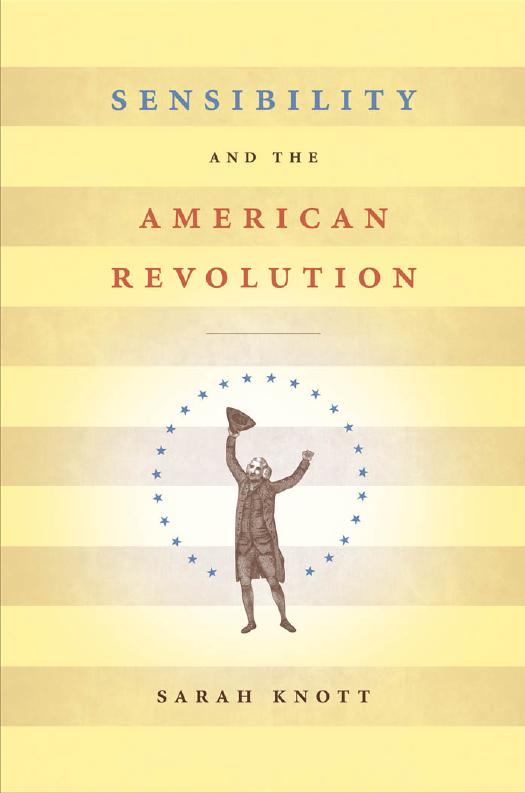Sensibility and the American Revolution by Sarah Knott

Author:Sarah Knott
Language: eng
Format: epub, pdf
Publisher: The University of North Carolina Press
Published: 2014-02-15T00:00:00+00:00
III
What of the imperial metropole and its affiliates? The loyalist and British press paid first attention to Benedict Arnoldâs defection from the patriot cause: reprinting Arnoldâs addresses to American inhabitants and the army and, in Britain, hopefully but mistakenly reporting the implication of certain Virginian members of Congress as well as the defection of various other Continental generals. No one likes a traitor. Arnold was castigated for being a âtraiterous traitorâ as well as a man of âmean and low extractionâ and a mere âboat-builder.â A turncoat, it was widely held, is always poised to turn on his new protector. Some defended him: he was brave and experienced; he had acted from a âspirit which would have adorned nobilityâ; he had rushed to defend his country when he thought it wronged. Certainly, Arnoldâs defection stoked hopes of imperial success; it proved that âthis kingdomâ had little to fear from the inroads of American rebellion.44
With regard to André, whereas the American loyalist press had little to say, British reactions barely fell short of canonizing the dead officer. (Indeed, in an oddly telling slip, many newspapers and their readers continued to refer to him as âMajor St. André,â even as corrections abounded.)45 Within three days of the news arriving in London, there was a call for a House of Commons motion for a suitable monument in Westminster Abbey. London debating societies asked whether Clinton had been right not to hand over Arnold in exchange; a play performed at Westminster School celebrated their newly famous alumnus in a prologue. British commentators saw in him a âmatch for classical examplesâ; his âdauntless fortitudeâ made him like a heroic Greek. The Westminster Abbey monument showed him, following the inscription, âwith that fortitude and resolution which had always marked his character ⦠going, with unshaken spirit, to meet his doom.â André entered the history books as what he was widely and relievedly perceived to be: the first British hero of the war. The admiration took some of its edge from the contrast to Arnold. As one piece of doggerel penned by âa Ladyâ had it:
To what a pass are matters driven,
In this surprising age we live in,
Whenâcurse on popular comotion,â
Rebellion gains a man promotion
And, when foul Treason dares exhibit
A Loyal subject on a Gibbet.
Download
Sensibility and the American Revolution by Sarah Knott.pdf
This site does not store any files on its server. We only index and link to content provided by other sites. Please contact the content providers to delete copyright contents if any and email us, we'll remove relevant links or contents immediately.
| Americas | African Americans |
| Civil War | Colonial Period |
| Immigrants | Revolution & Founding |
| State & Local |
In Cold Blood by Truman Capote(3374)
The Innovators: How a Group of Hackers, Geniuses, and Geeks Created the Digital Revolution by Walter Isaacson(3142)
Steve Jobs by Walter Isaacson(2889)
All the President's Men by Carl Bernstein & Bob Woodward(2362)
Lonely Planet New York City by Lonely Planet(2215)
And the Band Played On by Randy Shilts(2197)
The Room Where It Happened by John Bolton;(2150)
The Poisoner's Handbook by Deborah Blum(2131)
The Innovators by Walter Isaacson(2096)
The Murder of Marilyn Monroe by Jay Margolis(2094)
Lincoln by David Herbert Donald(1981)
A Colony in a Nation by Chris Hayes(1926)
Being George Washington by Beck Glenn(1907)
Under the Banner of Heaven: A Story of Violent Faith by Jon Krakauer(1788)
Amelia Earhart by Doris L. Rich(1686)
The Unsettlers by Mark Sundeen(1682)
Dirt by Bill Buford(1669)
Birdmen by Lawrence Goldstone(1661)
Zeitoun by Dave Eggers(1643)
